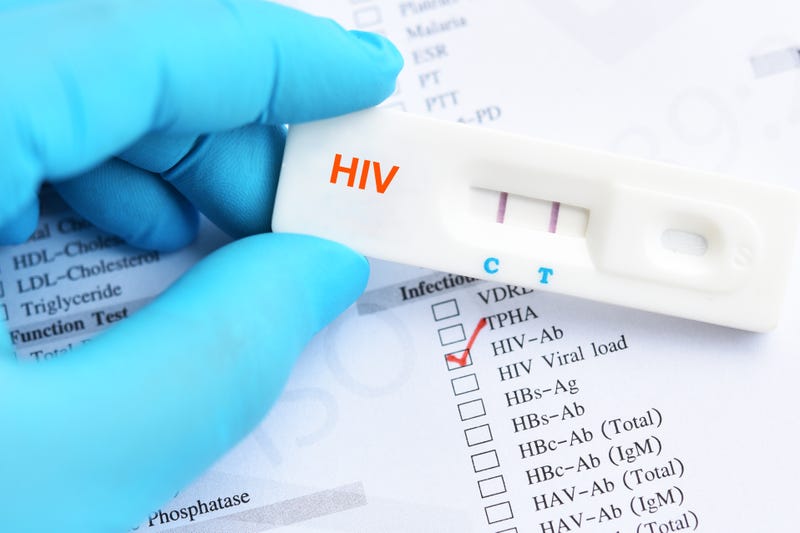
While the pandemic has stretched on for the last two years, other public health issues have been pushed to the periphery.
However, a new California measure aims to help stem the tide of one public health crisis in particular – sexually transmitted diseases.

With the start of the new year, new legislation has gone into effect requiring insurance providers to cover the cost of at-home STD tests, according to reporting by California Healthline.
The new measure is part of a larger state effort, SB-306, to tamp down the "STI epidemic," the outlet reported.
Getting tested for an STD can be a stressful process for most, and this law aims to reduce the shame and stigma some might feel, while also providing a much-needed service.
The number of STDs reported went down in the initial months of the pandemic according to an August 2021 study by the American Sexually Transmitted Diseases Association.
In the months of January to June in 2020 compared to January to June of 2019, reported cases of chlamydia went down by 31%, late syphilis by 19%, primary/secondary syphilis by 15%, early nonprimary nonsecondary syphilis by 14%, and gonorrhea by 13%.
But this does not mean that cases themselves went down, as 78% of local health jurisdictions that responded to the study's researchers had reallocated at least half of their workforce to handle COVID-19 by September 2020.
Based on the analysis, because of reduced reporting and STD healthcare programming, this could cause decreases or delays in diagnosis and treatment, and increase transmission.
"Public health officials should prepare for potential increases in STD-related morbidity in the months and years to come," the study said.
The hope is to prevent further escalation of the STD epidemic with the new state effort.
"This is the first law of its kind, and I'd say it’s kind of cutting-edge," said Stephanie Arnold Pang, senior director of policy and government relations for the National Coalition of STD Directors, told the outlet in an interview. "We want to bring down every single barrier for someone to get STI testing, and out-of-pocket cost is a huge factor."
But the law's implementation will face some challenges. While those with private insurance will see the new rule is already in effect, those in the state's Medicaid program won’t see it come to fruition for some time.
Medicaid as well as health care providers in general will need to adjust their billing procedures, and there might be additional hiccups because the at-home tests haven't been federally rubber-stamped.

